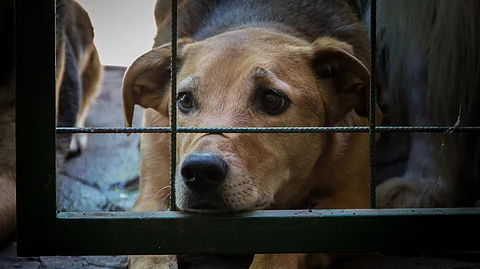What Lies Ahead for the Lab
The crackdown on Palamur Biosciences has moved to the next stage.
Bhoothpur police registered an FIR on Wednesday after details of the abuse became public. The central government’s CPCSEA has also formed an emergency committee to inspect the facility. Their report is awaited.
Palamur Biosciences is also facing charges under wildlife protection laws for allegedly capturing rhesus macaques from Rajasthan—an action prohibited under relevant laws.
(Input From Various Sources)
(Rehash/Pooja Bansal/MSM)


